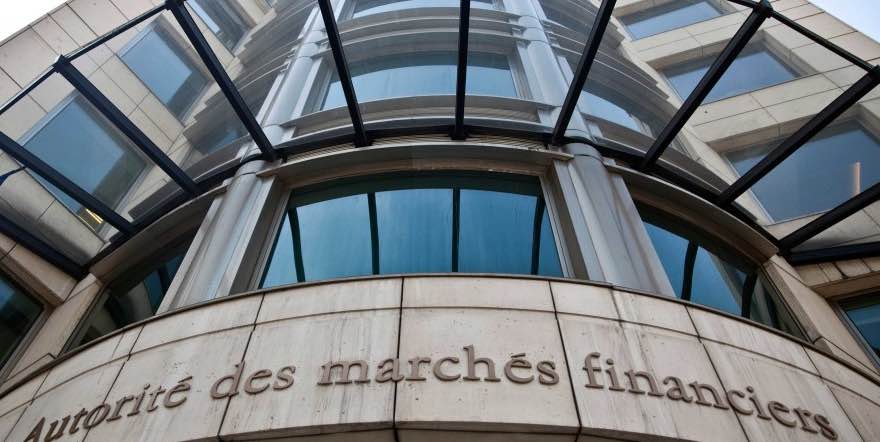The President of the Autorité des marchés financiers (AMF), Robert Ophèle, gave a speech this Thursday, presenting the regulator’s annual report, in which he laid into Forex brokers and Cryptocurrencies .
In a talk largely concerned with regulatory developments, such as the impact of MiFID II, Ophèle closed his remarks by going after fraudsters. He praised Sapin II, a piece of legislation that was implemented in June of last year that purports to tackle corruption in the financial services industry.
Ophèle commended the law, noting that it had meant advertising for binary options and highly-leveraged contracts-for-difference (CFDs) had been banned. He added that the ban on these products had been accompanied by AMF efforts to educate the public about scams through different media channels.
Referring to binary options and CFDs as ‘toxic,’ Ophèle then put the same brand on cryptocurrencies. He implied that cryptocurrencies are a new form of ‘toxic investment’ and that individuals dealing in them have simply shifted into the industry having moved on from retail forex and diamond investment.
If it moves, tax it. If it keeps moving, regulate it.
Most significantly, Ophèle lamented the difficulties of enforcing laws against ‘toxic’ products without pan-European legislation. To illustrate his point, he noted that the Spanish football team, Atletico Madrid, who played France’s Marseille earlier this week, are sponsored by Plus500 - one of the key brokers in the retail FX industry. He described Plus500 as a broker that “specializes in toxic products.”
Such a statement may shock some, but it should come as no surprise. The AMF has taken a hard-line against the retail FX industry in recent years, including banning advertising for retail FX services in January of 2017.
Indeed, Ophèle’s speech is another indication of the all-encompassing view the AMF takes with regard to certain financial products. To a degree this blanket view is logical. Many retail brokers do offer crypto-trading and CFDs, but the similarities between them largely end there.
By treating retail FX services in such a manner, the AMF defines firms by the products they offer, rather than the service they provide. This enables the regulator to lump together unregulated FX brokers run by scam artists and real businesses that operate with a level of transparency and regulator approval. For the AMF both of these companies sell 'toxic products,' and that's that.
Ophèle’s speech will likely be entirely unsurprising for those in the industry. Nonetheless, it will put a damper on any lingering hopes that retail FX could make a comeback in France.


















